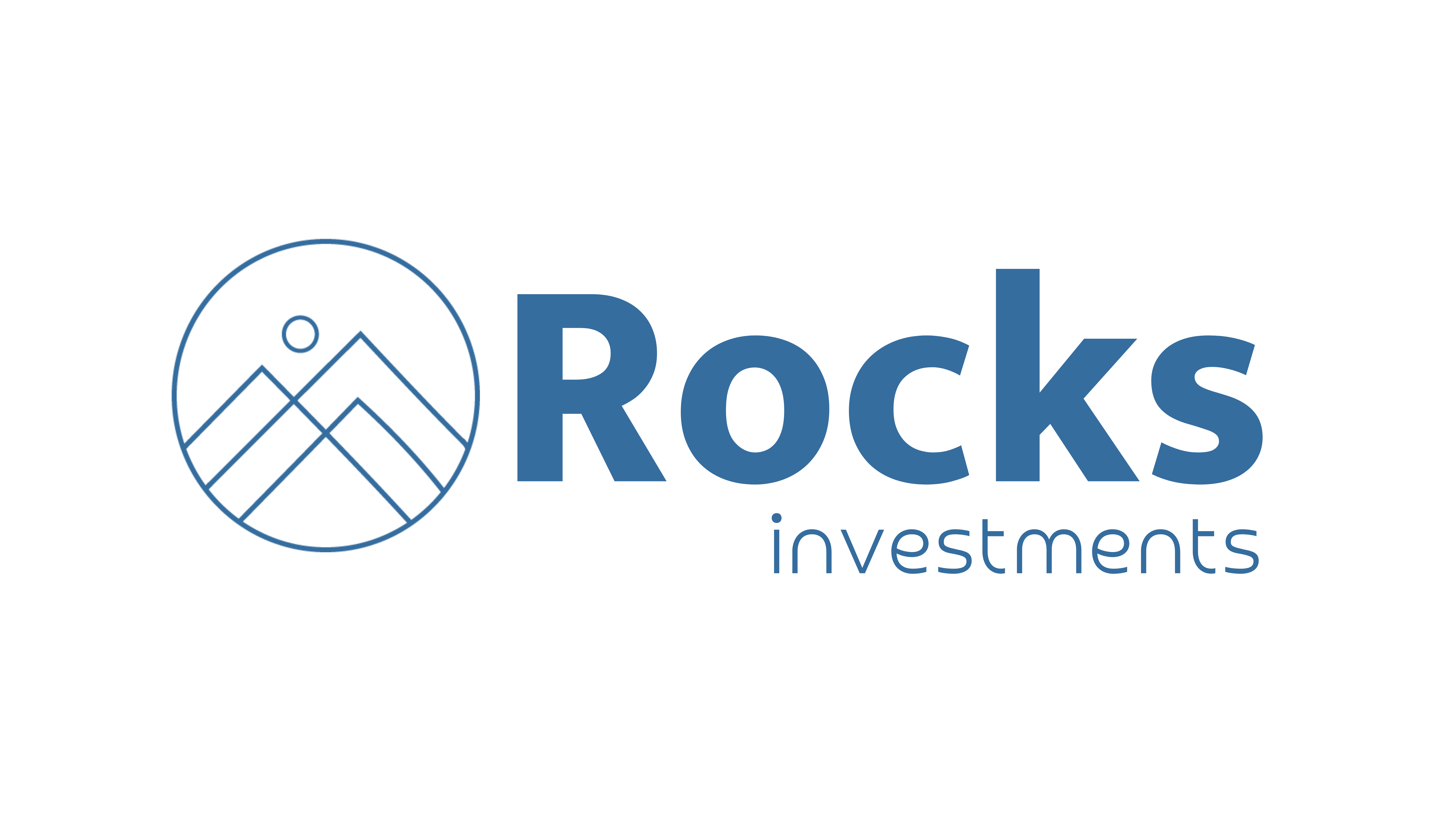Financing Property in Brazil as a Foreigner: What You Need to Know
Thinking about buying real estate in Brazil as a foreigner? Whether you’re relocating, investing, or securing a dream holiday home, one of the most important aspects to consider is financing—and Rocks Investments is here to guide you every step of the way.
From navigating mortgage options to understanding developer finance, this article outlines the key pathways available to international buyers and how Rocks Investments can connect you with the best opportunities and tailored solutions.
💡 Can Foreigners Get a Mortgage in Brazil?

Yes—but it’s not always straightforward.
In general, Brazilian banks require you to:
-
Have a valid CPF (Brazilian tax identification number)
-
Be a resident in Brazil
-
Earn declared income in Brazil
Loan amounts are typically calculated based on your ability to repay. The bank may finance up to 70% of the property’s value, with monthly repayments capped at 30–35% of your monthly income.
But here’s the good news:
Some Brazilian mortgage brokers now work with foreign clients using international income as proof of affordability. You’ll still need a CPF, and you’ll need to open a non-resident bank account—a process that Rocks Investments can assist with.
By moving funds through a Brazilian account and building a local credit score, non-residents can gradually position themselves to qualify for bank financing. This process can take 3 to 6 months, and loan approval is never guaranteed. However, with the right guidance, it’s increasingly achievable.
✅ Rocks Investments partners with experienced mortgage brokers who understand how to structure deals for foreigners and navigate bank requirements effectively.
🏗 Developer Financing: A More Flexible Path

One of the most accessible routes for foreign buyers is developer financing.
Many new developments in Brazil—especially off-plan projects—offer in-house financing directly with the developer. This process is generally less bureaucratic than traditional bank loans and often more flexible for international buyers.
Requirements include:
-
CPF (which we can help you obtain)
-
Proof of income (domestic or foreign, depending on the developer)
How Developer Financing Works:
When buying off-plan, developers typically offer a structured payment plan until the property is delivered. You might pay:
-
10%+ down payment
-
Monthly installments
-
Periodic reinforcement payments
There is usually some flexibility to adjust the payment schedule to suit your cash flow—particularly in projects categorized as “incorporação” (incorporation), where the developer funds the build independently. In contrast, “Preço de Custo” (SPE) projects require stricter monthly contributions due to collective cash flow dependence.
📘 Learn more about “Incorporação” vs “Preço de Custo” here
📈 Understanding CUB: Construction Cost Index
During the construction phase, payments are typically adjusted monthly by the CUB index—a government-calculated rate that reflects building material and labor costs.
Example:
-
If you agree to pay R$10,000/month and the CUB increases by 0.3% next month, your payment adjusts to R$10,030.
This correction mechanism often works out cheaper than bank interest rates and protects developers from inflation.
💡 Buyers paying upfront (cash buyers) are usually exempt from CUB correction.
🏘 Long-Term Financing in Santa Catarina

In coastal cities like Porto Belo, Itapema, Balneário Camboriú, and Praia Brava, developers often stretch financing beyond the delivery date—offering 100 to 120-month payment terms (8–10 years).
Payment plans are corrected by CUB during the construction phase, and once the property is delivered, interest rates apply. These rates typically follow:
-
IPCA (official inflation index) + 0.75% to 1% monthly interest
This structure is very attractive to investors, offering lower entry costs and long-term affordability.
In some cases, even ready properties can be financed directly with developers—but usually require a larger initial down payment.
🔄 What About Consórcios?
Consórcios (real estate consortiums) offer another alternative financing method in Brazil—ideal for buyers who:
-
Don’t need immediate possession
-
Want to avoid interest rates
-
Prefer predictable monthly payments
Here’s how it works:
-
You join a group of buyers contributing monthly installments
-
Each month, one or more members are “contemplated” (randomly or via bidding) and receive full funding to purchase their property
-
Over time, everyone in the group eventually receives their property credit
✅ Pros:
-
No traditional interest (just administrative fees)
-
Easier approval for foreigners with CPF
-
Great for long-term planners and investment-minded buyers
❌ Cons:
-
No control over when you receive the credit (unless you bid higher upfront)
-
Not suitable if you need to buy immediately
🔑 How Rocks Investments Helps You Secure Financing
At Rocks Investments, we specialize in helping international clients:
-
Open non-resident bank accounts
-
Obtain CPF tax numbers
-
Connect with reliable mortgage brokers
-
Negotiate favorable developer terms
-
Transfer international funds with reduced fees and less red tape
Whether you’re buying in Florianópolis, Balneário Camboriú, or beyond, we offer bilingual support and deep local expertise.
🧑💼 James Rocks, our lead advisor, has guided dozens of foreign buyers through Brazil’s real estate landscape—specializing in new developments across Santa Catarina’s coastal regions.
🌎 Ready to Start?
Financing a property in Brazil as a foreigner is possible—and with the right team, it can be smooth and rewarding.
Let Rocks Investments help you find the best strategy to finance your Brazilian dream home or investment property.
📩 Contact us today explore opportunities, or discuss financing options with our expert team.

I need loan
I need loan for buy land or house in florianopolis
We can help you with an option similar to home equity, please contact me at+5548996926628